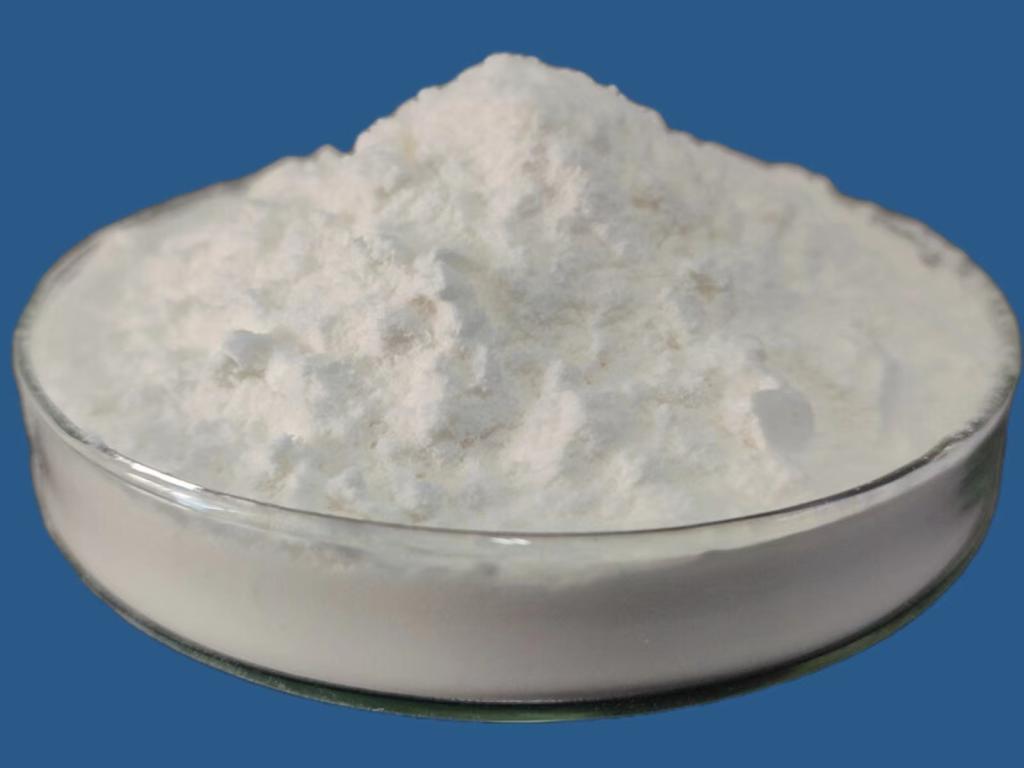Tel:+8618231198596

News
 CONTACT
CONTACT
 CONTACT
CONTACT
- Linkman:Linda Yao
- Tel: +8618231198596
- Email:linda.yao@dcpharma.cn
- Linkman:CHARLES.WANG
- Department:Overseas
- Tel: 0086 0311-85537378 0086 0311-85539701
News
Exploring the use of ε-Polylysine hydrochloride in the preservation of artisanal breads.
TIME:2024-10-17
Introduction:
Artisanal breads, characterized by their handcrafted nature and high-quality ingredients, offer a superior taste and texture compared to mass-produced breads. However, the lack of synthetic preservatives and the use of natural fermentation processes make them more prone to mold growth and spoilage. This can lead to a shorter shelf life and increased waste. ε-Polylysine hydrochloride, a natural antimicrobial, presents an opportunity to enhance the microbial safety and extend the shelf life of artisanal breads without compromising their traditional qualities.
ε-Polylysine Hydrochloride: An Overview:
ε-Polylysine hydrochloride is a cationic homopolymer of L-lysine, produced through fermentation by certain strains of Streptomyces albulus. It is a water-soluble, heat-stable, and pH-tolerant compound, making it suitable for a wide range of food applications. ε-PL is recognized for its broad-spectrum antimicrobial activity against various Gram-positive and some Gram-negative bacteria, as well as fungi and yeasts. Its natural origin and effectiveness have led to its approval by regulatory bodies such as the U.S. Food and Drug Administration (FDA) and the European Food Safety Authority (EFSA).
Mechanisms of Action:
ε-PL exerts its antimicrobial effects through several mechanisms:
Membrane Disruption: ε-PL interacts with the negatively charged phospholipids in the cell membranes of microorganisms, leading to membrane disruption and leakage of cellular contents.
Inhibition of Protein Synthesis: ε-PL can also inhibit protein synthesis by binding to ribosomes, thereby preventing the growth and proliferation of microorganisms.
Chelation of Metal Ions: ε-PL can chelate essential metal ions, further inhibiting the metabolic processes of microorganisms.
Potential Applications in Artisanal Breads:
Mold Inhibition:
Surface Treatment: ε-PL can be applied as a surface treatment to the crust of artisanal breads to inhibit the growth of mold. This method can help maintain the bread's appearance and prevent the development of visible mold, which is a common issue in artisanal breads.
Incorporation into Dough: ε-PL can be incorporated directly into the dough at low concentrations. This approach can provide a more uniform distribution of the antimicrobial, potentially offering longer-lasting protection against mold and other spoilage organisms.
Yeast Management:
Controlled Fermentation: While yeast is essential for the fermentation process, excessive or unwanted yeast growth during storage can affect the quality of the bread. ε-PL can help manage yeast populations, ensuring that the bread maintains its desired flavor and texture profiles without over-fermentation.
Pathogen Control:
Enhanced Safety: Although less of a concern in baked goods, ε-PL can still contribute to the overall safety of artisanal breads by inhibiting the growth of potential pathogens, such as Bacillus species, which can produce heat-resistant spores that survive baking.
Shelf Life Extension:
Extended Freshness: By reducing the growth of mold and other spoilage organisms, ε-PL can extend the shelf life of artisanal breads, allowing them to remain fresh and safe for longer periods. This is particularly beneficial for small-scale bakeries and specialty stores that may not have the same rapid turnover as larger commercial operations.
Benefits and Challenges:
Benefits:
Natural Origin: ε-PL is derived from natural fermentation, aligning with the consumer preference for clean label and minimally processed foods. This is especially important for artisanal breads, which are often marketed for their natural and traditional qualities.
Broad-Spectrum Activity: ε-PL is effective against a wide range of microorganisms, providing comprehensive protection against both mold and bacterial spoilage.
Thermal Stability: ε-PL remains stable during thermal processing, making it suitable for use in both raw and baked bread products.
Regulatory Approval: ε-PL is approved for use in many countries, providing a reliable and legally compliant option for bakers and manufacturers.
Challenges:
Dosage Precision: Accurate dosing is essential to achieve the desired antimicrobial effect without affecting the sensory properties of the bread. Overdosing can lead to off-flavors or textural changes, which can be detrimental to the quality of artisanal breads.
Cost Considerations: The cost of ε-PL can be higher than that of traditional preservatives, which may influence its adoption, especially in small-scale and artisanal bakeries.
pH and Ionic Strength Sensitivity: ε-PL's activity can be influenced by pH and ionic strength, requiring careful formulation to ensure optimal performance in different types of bread.
Consumer Perception: Educating consumers about the benefits and safety of ε-PL is crucial to overcome any skepticism regarding the use of natural preservatives in artisanal breads.
Future Directions:
To fully leverage the potential of ε-PL in the preservation of artisanal breads, ongoing research and development are needed in several areas:
Optimization of Dosage: Further studies are required to determine the optimal dosage of ε-PL for different types of artisanal breads, taking into account factors such as pH, moisture content, and the presence of other ingredients.
Sensory Impact: Research should focus on the sensory impact of ε-PL on the flavor, texture, and aroma of artisanal breads to ensure that it does not compromise the traditional qualities that consumers value.
Synergistic Combinations: Investigating the synergistic effects of ε-PL with other natural antimicrobials or preservation methods, such as modified atmosphere packaging (MAP), can provide enhanced protection and extended shelf life.
Consumer Education: Educating consumers about the benefits of ε-PL and addressing any concerns regarding the use of natural preservatives in artisanal breads is essential for market acceptance.
Conclusion:
ε-Polylysine hydrochloride offers a natural and effective solution for preserving the quality and extending the shelf life of artisanal breads. Its broad-spectrum antimicrobial activity, natural origin, and regulatory approval make it a valuable tool for bakers and manufacturers. By addressing the challenges and continuing to explore innovative applications, ε-PL has the potential to play a key role in enhancing the safety, freshness, and sustainability of artisanal breads, meeting the growing demand for high-quality, natural, and long-lasting bakery products.
- Tel:+8618231198596
- Whatsapp:18231198596
- Chat With Skype







